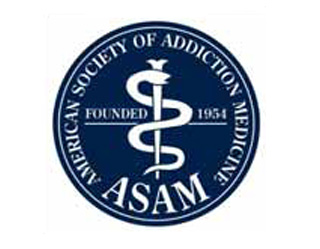
Addiction involves excessive consumption of alcohol, drugs, gambling or sex. Though outwardly it looks like unusual behaviors, a deeper look by analysts suggests that these actions are nothing but a manifestation of a kind of brain dysfunction.
“At its core, addiction isn’t just a social problem or a moral problem or a criminal problem. It’s a brain problem whose behaviors manifest in all these other areas. Many behaviors driven by addiction are real problems and sometimes criminal acts. But the disease is about brains, not drugs,†commented Dr. Michael Miller, past president of ASAM who oversaw the development of the new definition. “It’s about underlying neurology, not outward actions.â€
This new definition puts forth addiction as a principal disease, and not a consequence of emotional or psychiatric conditions. Addiction is identified as a chronic disorder and investigators are of the opinion that it must be dealt with cautiousness. As per this analysis, addiction influences the neurotransmission and communication within the reward circuitry of the brain resulting in such behaviors. These actions seemingly replace healthy habits and reminiscence of initial encounters with food, sex, alcohol and other drugs boost the urge and apparently restart addictive behaviors.
On the other hand, brain circuitry that is responsible for impulse control and judgment also seems to undergo changes during addiction. This leads to unhealthy following of rewards like alcohol and drugs. Seemingly, that portion of the brain is not fully developed during adolescence which is the reason why scientists associate early life drinking and substance use with addiction in the long run. There is an ongoing debate if addictive persons have a choice over engaging in criminal and hazardous behaviors. According to Dr. Raju Hajela, the disease perturbs normal thinking and instigates people into antisocial ways. He states that addiction is not a choice and it manifests itself due to the disease and not any other reason.
Individuals suffering from addiction have to be treated well and encouraged to undergo suitable therapies. Such a person must make a healthy choice and try to enter the path of recovery and treatment as a single tablet alone will not treat people for addiction, he says.
